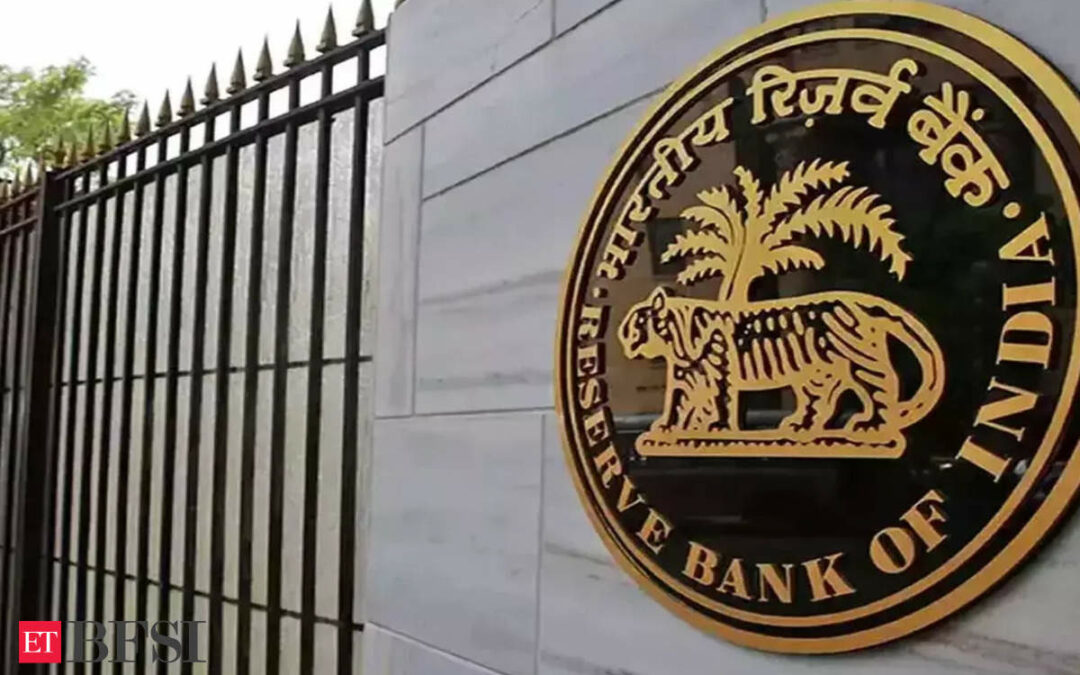MUMBAI: The Reserve Bank of India (RBI) has released preliminary data on India’s Balance of Payments (BoP) for the first quarter (Q1) of the fiscal year 2023-24, covering the period from April to June. The data reveals significant developments and trends in India’s economic position on the global stage.
One of the standout features of India’s BoP in Q1: 2023-24 was the substantial narrowing of the Current Account Deficit (CAD). The CAD decreased to $9.2 billion, equivalent to 1.1 per cent of GDP, showing an improvement from $17.9 billion, or 2.1 per cent of GDP, in the same quarter of the previous fiscal year (Q1: 2022-23).
However, it was higher than the CAD recorded in the preceding quarter, which stood at $1.3 billion (0.2 per cent of GDP).
The widening of the CAD on a quarter-on-quarter basis was primarily attributed to several factors. A higher trade deficit, coupled with a decrease in the surplus of net services and a decline in private transfer receipts, contributed to this trend.
Net services receipts registered a sequential decrease in Q1: 2023-24, mainly due to a decline in exports of computer, travel, and business services. However, it’s important to note that these receipts remained higher on a year-on-year basis.
Private transfer receipts, primarily consisting of remittances by Indians employed overseas, moderated to $27.1 billion in Q1: 2023-24 from $28.6 billion in the previous quarter (Q4: 2022-23). Despite this decrease, they witnessed an increase on a year-on-year basis.
The income account, which reflects payments of investment income, showed a decline to $10.6 billion in Q1: 2023-24 from $12.6 billion in Q4: 2022-23. However, this figure was still higher than the previous year.
In the financial account, notable changes were observed.
Net foreign direct investment decreased to $5.1 billion in Q1: 2023-24 from $13.4 billion a year ago.
Net foreign portfolio investment recorded significant inflows of $15.7 billion compared to net outflows of $14.6 billion in Q1: 2022-23.
Net external commercial borrowings to India recorded an inflow of $5.6 billion in Q1: 2023-24, contrasting with an outflow of $2.9 billion in the previous year.
Non-resident deposits recorded net inflows of $2.2 billion in Q1: 2023-24, a notable increase compared to $0.3 billion in Q1: 2022-23.
As of the end of June 2023, India’s external debt reached $629.1 billion. This marked an increase of $4.7 billion over its level at the end of March 2023.
The data from RBI’s Balance of Payments report for Q1: 2023-24 reflects the dynamic nature of India’s economic landscape. Despite fluctuations, the narrowing of the current account deficit and increased foreign investment inflows signal positive developments in India’s global economic interactions.
Analysts and policymakers will closely monitor these trends, as they have significant implications for India’s overall economic stability and prospects in the coming fiscal year.









